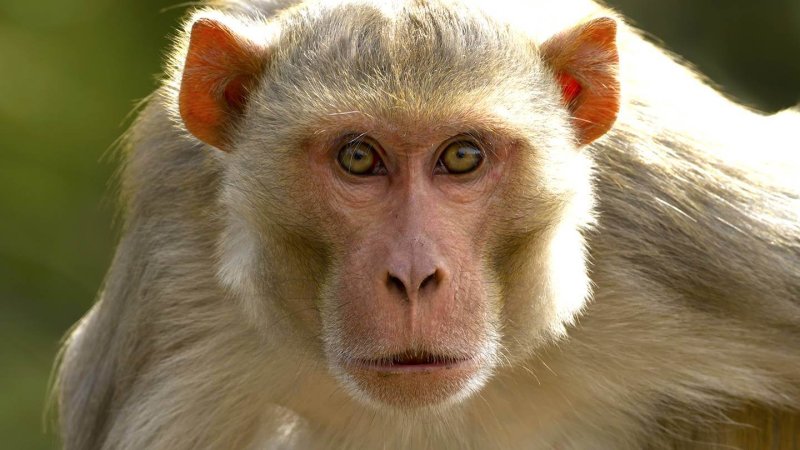In 2017, Harvard University geneticist George Church predicted that gene-edited pig organs would be transplanted into people within two years—maybe just one.
“I was wrong,” Church now admits.
A startup he cofounded, eGenesis, had made news for its ambitious plans to use CRISPR gene-editing technology to modify pigs so their organs could be safely transplanted into humans without being rejected. …
But no human test has yet been carried out. Instead, the company is currently testing organs from its pigs in monkeys at Massachusetts General Hospital in Boston. The experiments are being led by the hospital’s chief of transplant surgery, James Markmann.
…
Doctors have dreamed for decades of using pigs to solve the organ shortage by transplanting their kidneys, hearts, and even lungs into human patients to replace organs that have stopped working.
…
Before pig organs can be tested in humans, however, there are still some key problems to overcome. Results with monkeys haven’t been very consistent, regulators haven’t said publicly under what conditions they’ll agree to a human test, and there’s debate over just how extensively modified the pigs should be.
Read full, original post: A CRISPR startup is testing pig organs in monkeys to see if they’re safe for us































